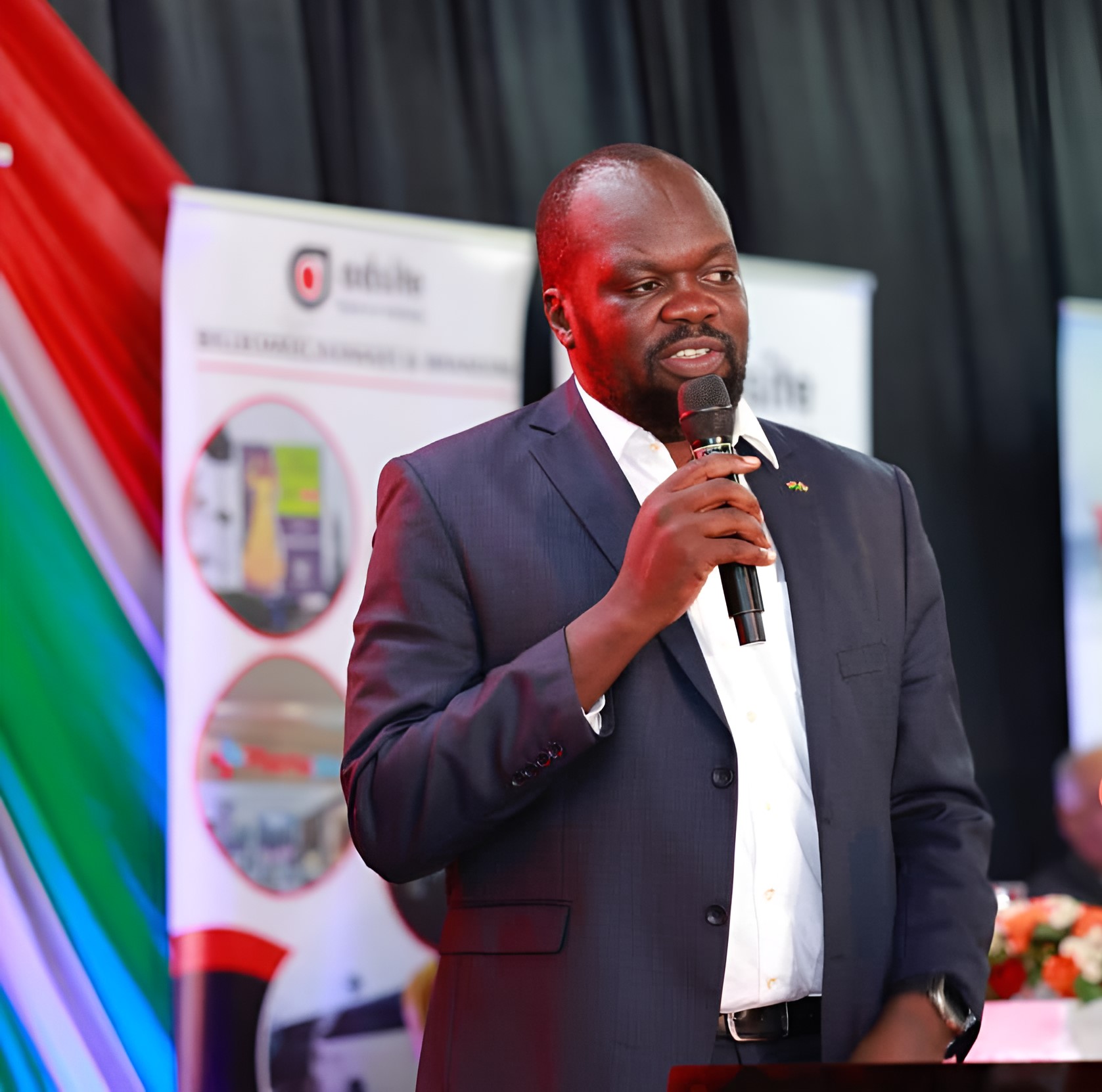Alai: Leaderless Gen Z poses biggest risk to national dialogue

Alai cautioned that without structured leadership or a common platform, the momentum behind recent youth-led protests could be lost or misused by political players.
Nairobi’s Kileleshwa MCA Robert Alai has warned that the biggest threat to Kenya’s ongoing national dialogue efforts is the growing idea of “leaderless and partyless” movements, particularly among the youth-led Generation Z protests.
Speaking during an interview with Radio Generation Kenya on Tuesday morning, Alai cautioned that without structured leadership or a common platform, the momentum behind recent youth-led protests could be lost or misused by political players.
He said while the movement appeared spontaneous and revolutionary, it was not immune to manipulation by those with hidden political interests.
“The biggest enemy to this dialogue is the part of leaderless party. You have to choose a platform, you have to choose a vehicle,” the ODM legislator said.
Alai called on Gen Z activists to organise themselves under identifiable platforms or coalitions that can speak for them effectively, even if they are not political parties.
He said having a clear identity, even within civil society or professional unions, allows such groups to be recognised and taken seriously at the negotiation table.
“Even the civil society in itself may not be a political party, but it’s a party, because a party is an entity,” the ward rep noted.
The Nairobi leader urged different sectors such as media, religious communities, and minority groups to form organised teams that can claim space in national decision-making.
However, he warned that not everyone could fit at the same table, so there must be a representative formula.
“What people have to agree with is that the table might not accommodate everyone. So can we find a very representative way of saying that these are religious leaders,” he said.
Alai likened it to Parliament where, by law, a political party must have secured at least 5 percent of seats to be considered a parliamentary party.
He suggested the same logic could apply in the national dialogue to ensure only serious, organised voices take part.
“You must have garnered 5% of the parliamentary seats… when you have enough scheme in the game, then you can say that now you can sit on the table,” he said.
Going further, Alai criticised the notion that young people can claim to be leaderless while clearly being influenced or even used by older politicians.
He pointed to previous public events which were presented as Gen Z platforms but were dominated by people above the age of 40.
“It was a tragedy I saw last year when they were doing a very nice thing… then they organised a music concert, then none of the people on that platform was below 40 years,” Alai said.
“Tell me who from the generation of Gen Z was performing there, or was part of the organisations,” he added.
Alai said that even though Gen Z claim to be without leaders, the reality is that the movement has been driven by conversations among political actors who saw a chance to ride on youth frustrations.
“They are being led. And they’re being led unwillingly or willingly, because this movement of Gen Zs was a result of some conversations which politicians were having,” he said.
The Gen Z protests, which erupted in 2024 in response to proposed tax hikes, took the country by surprise with their decentralised organisation and sweeping momentum.
The youth-led movement overran major cities and stunned the political class when demonstrators stormed and vandalised Parliament on June 25.
Many pro-tax MPs faced public backlash, with some being chased out of their constituencies and demanding police protection.
The demonstrators branded themselves as regionless, tribeless, and partyless, challenging long-held norms of political mobilisation in Kenya.
Despite government attempts to trace their organisers, the Gen Z movement has remained anonymous and elusive.
